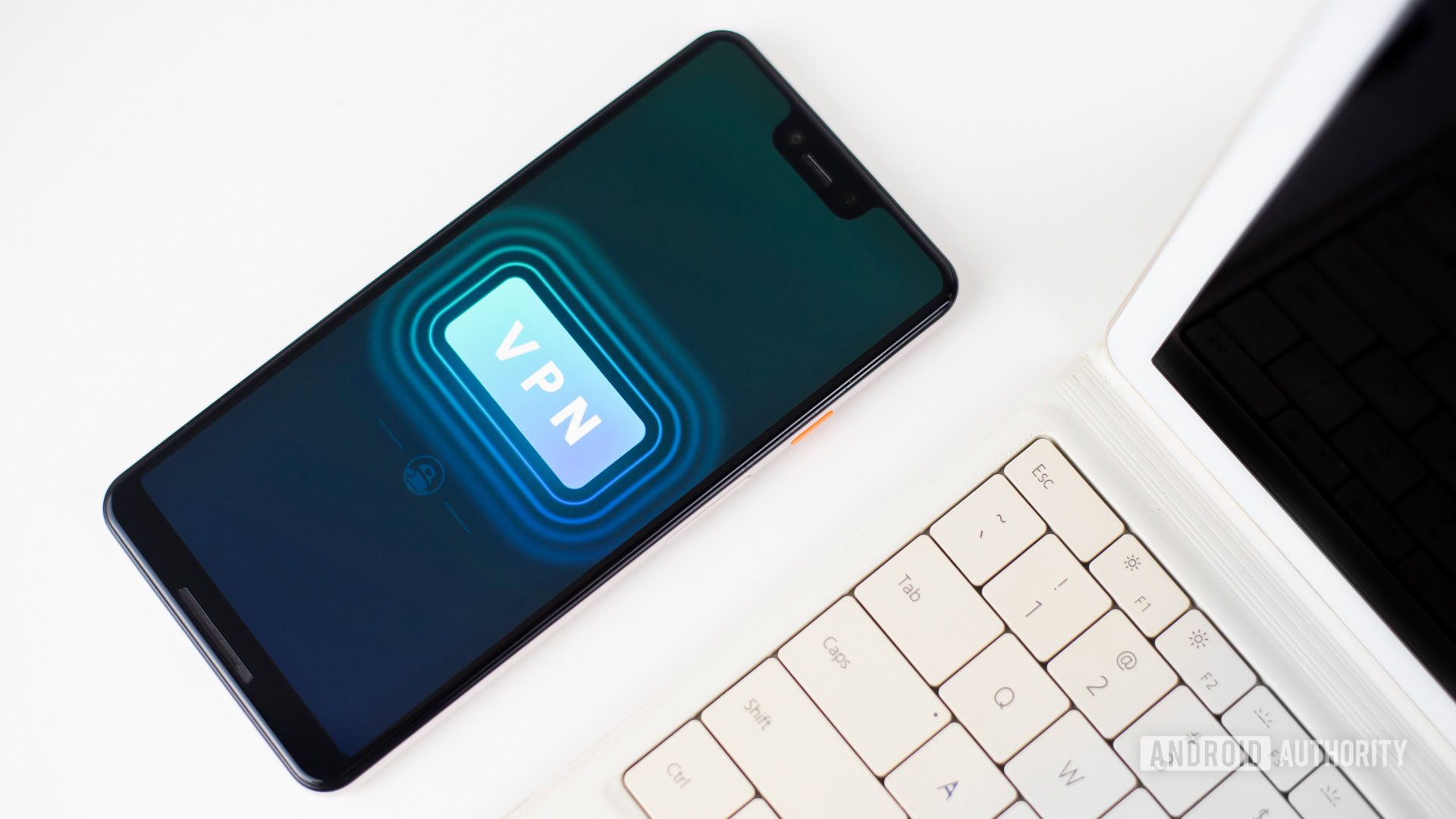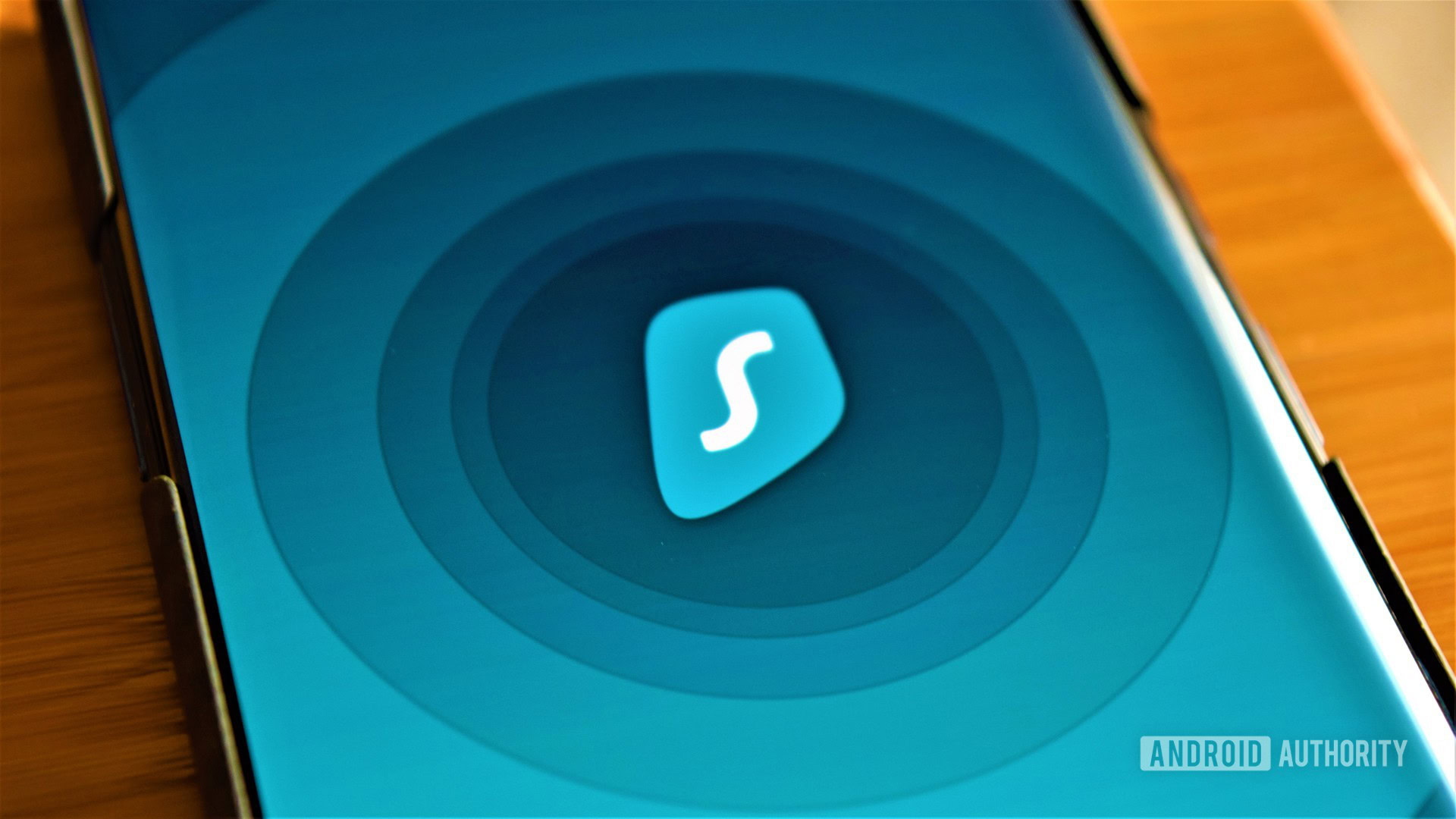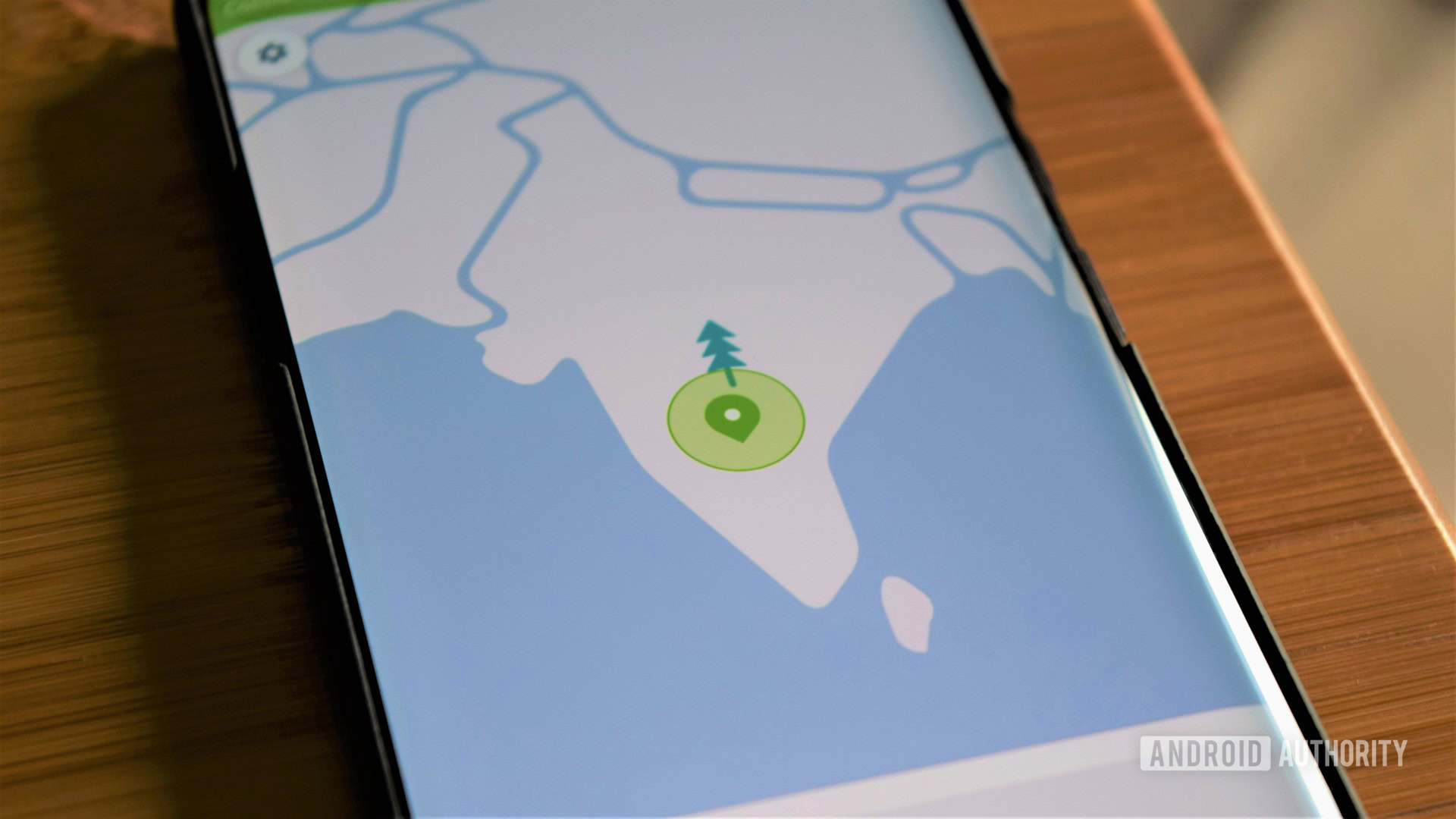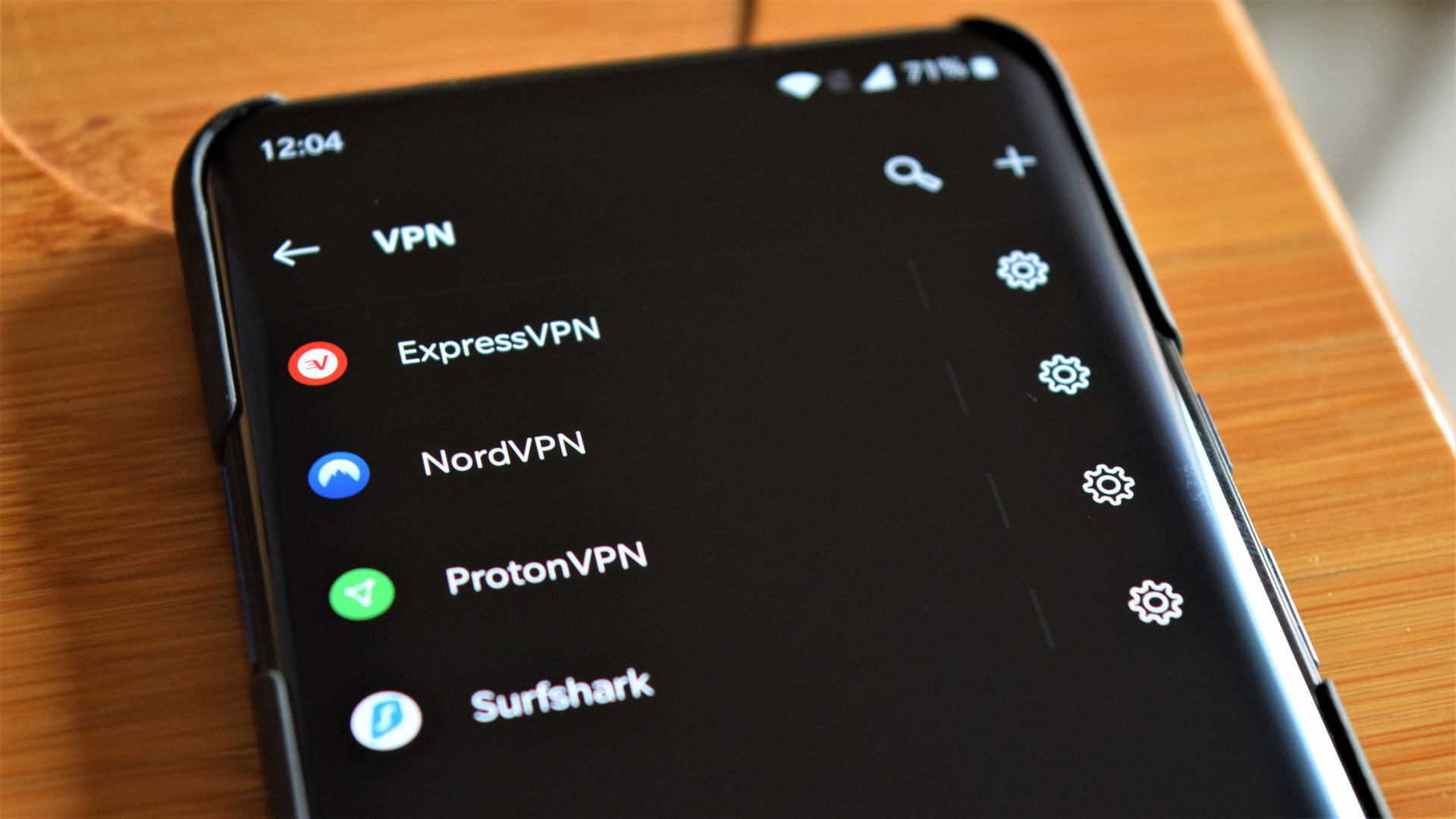Affiliate links on Android Authority may earn us a commission. Learn more.
How to use a VPN: A step-by-step guide
Published onJune 6, 2022

There isn’t much that we can’t do online anymore, from watching movies to banking transactions. However, keeping your activity private and information secure has never been more critical. That’s where a good VPN can make all the difference. However, things can get confusing with numerous VPNs to choose from and various settings and features to deal with. To help with that, we’ll look at how to use a VPN using three popular third-party VPN services and things to look for.
Read more: The best VPN services for any use case
QUICK ANSWER
To use a third-party VPN service, you must sign up and pay for a subscription. Download the available apps for your device, choose the best server for your needs, and tap the large Connect button. You will find a more detailed breakdown below.
JUMP TO KEY SECTIONS
What does a VPN do?
In simple terms, a VPN works as a bridge. You use a VPN to set up an encrypted connection between your devices and VPN servers, most likely in another country, before it goes to the internet. The IP address and location that the website sees are hidden and won’t be your home location. Instead, it will be what the VPN service assigns.
It’s a great way to access geo-locked services. So if you are traveling and want to access content or sites that you only can in your home country, you can use a VPN connection.
Choosing the right VPN

Before diving into using a VPN, let’s quickly talk about what to look for. There are a few things to consider.
- Free vs paid VPNs: Paid VPNs offer a far better quality of service with no ads, data caps, or speed throttling. They are also more feature-packed. There are a few decent free options, but a paid service is much better if you are serious about your online privacy and security.
- Logs: You ideally want a VPN that keeps zero activity or connection logs. Anything more than that is a complete no-go. Others may keep connection logs only, so it depends on whether you are comfortable with that.
- Where the VPN is based: This is another crucial factor, as privacy and data retention laws come into play. It’s better to stay away from a service based in a “5-eyes” location.
- Security: At a minimum, you should look for features like a kill switch that blocks any traffic if the VPN connection drops. More advanced features like obfuscation, anti-malware, and more are available with some services.
- Usage: Not every VPN lets you do what you want. Some don’t allow access to streaming services, others aren’t P2P-friendly, and many might not have servers in or around your country. Figure out what you need a VPN for and filter out those that don’t offer that feature.
- Ease of use: Almost every VPN service is straightforward to use, but some are simpler and less feature-packed (which can be a good thing) than others. If you want to tap a button and get connected, there are many great options. Many will also let you dive into the settings and features if you want to.
- Pricing: Pricing is often the most important factor when choosing anything. Long-term plans come with huge discounts, and special offers and deals are usually available. There are a bunch of excellent options that are relatively affordable too.
How to use a VPN

Signing up
Once you’ve picked the right VPN service, you’ll need to sign up and pay for it. In most cases, an email address will be required to set up an account. Most VPN providers guarantee that they won’t use the email address for anything other than customer service, but you may want to set up a dummy account to add an extra layer of privacy.
You can use standard payment options like debit cards, credit cards, and PayPal. Some let you use cryptocurrencies like Bitcoin, and you might even get the chance to use regional payment wallets or gift cards.
Some VPN services, like Mullvad, take anonymity to another level by not requiring an email address to sign up. The service also encourages cryptocurrency to pay for subscriptions, ensuring that the service has very little information about you.
Downloading apps
Every good VPN service comes with apps for standard operating systems like Android, iOS, macOS, and Windows. You’ll have to check and see if the VPN supports other devices, like Linux systems, gaming consoles, and streaming sticks, if you need it. You can also look into setting up the VPN directly on a Wi-Fi router to cover multiple devices simultaneously.
First, you can download an app, go through the signup process, or set everything up on the VPN website. Mobile apps will be available on the Google Play Store and App Store, and links for other OS should be easy to find on the VPN’s website. Download and install the apps you need, sign in, and you’re ready to go.
Connecting to a VPN server
Most apps will have a prominent connect button you can tap to start using the VPN. The server closest to you, or the one the app picks, will offer the lowest latency and fastest speed. If you’re looking to get started right away, tap on the button, and you’re good to go.
However, you may want to know how to connect to a VPN server in a specific location. For instance, you will have to connect to the correct server to access a streaming service. Some locations and servers are more P2P friendly than others. Some VPNs indicate what each server location is good for.
Using ExpressVPN as an example, it picks a “smart location” for you — the server with the lowest latency and highest speed. Supposing you are looking for something specific, tap Selected location to bring up the complete list of servers. You will also be able to “favorite” your preferred options to access them later on easily.
Some VPNs like CyberGhost take the guesswork out of it by providing Modes and Purposes. You can select what you want to do, and the app will make the best choice for you, which is ideal for first-time users.
Settings and features
The settings and features sections are where things start to look different, but the basics remain. With any VPN, you should look for and activate the kill switch. This feature blocks any Internet activity and traffic if the VPN connection drops. This might have another name like Network Lock, Internet Kill Switch, and more, but the idea is the same across the board.
You might see the option to choose the VPN protocol, with options like OpenVPN (UDP and TCP), L2TP/IPSec, and PPTP available. OpenVPN is the best option. Of course, you can always set it to Automatic, and the app will decide. However, this isn’t always ideal if the VPN supports older protocols like PPTP. Some VPNs also feature proprietary protocols, like ExpressVPN and its Lightway protocol. If available, these are usually the fastest option.
Finally, you’ll come across some advanced features depending on the service you opt for. Some services offer ad removal and malware protection, obfuscation servers, etc. VPNs like NordVPN and Surfshark are excellent options if these features are essential for you.
VPN recommendations

There are hundreds of VPN services available, all with advantages and disadvantages. Here are a few that we recommend. Don’t forget to check out a more comprehensive roundup in our guide for the best VPNs.
- ExpressVPN: ExpressVPN is one of the best VPN services you can get. It’s simple and easy to use and offers plenty of speed and security. It is one of the more expensive options around, though.
- NordVPN: NordVPN is a close second to ExpressVPN in my book. It’s not as fast in my experience but comes with a lot more features. This includes malware protection and ad-blocking, obfuscation servers, and SmartPlay, making it easy to access streaming apps.
- IvacyVPN: If you’re looking for an affordable option, Ivacy is the one to get. Its long-term plans bring down the cost to $1.19 per month.
- Atlas VPN: Atlas VPN stands out because it allows simultaneous connections on unlimited devices, unlike most other VPNs. It also has plenty of features like malware protection, ad blocking, and split tunneling, to name a few.
- Cyberghost: Cyberghost takes the guesswork out of which server you should connect to. It has dedicated sections for various use cases and indicates which server is the best for what you want to do.
Read more: The best VPN apps for Android
FAQs
There are a few solid free VPN services around. But most have data usage, simultaneous connections, and available server limits. If you plan to use a VPN long-term, it’s best to subscribe to a paid VPN.
If a VPN service doesn’t have an app for your device, or you need to connect to an office network for remote work, check out our guide on how to set up a VPN on any platform manually.